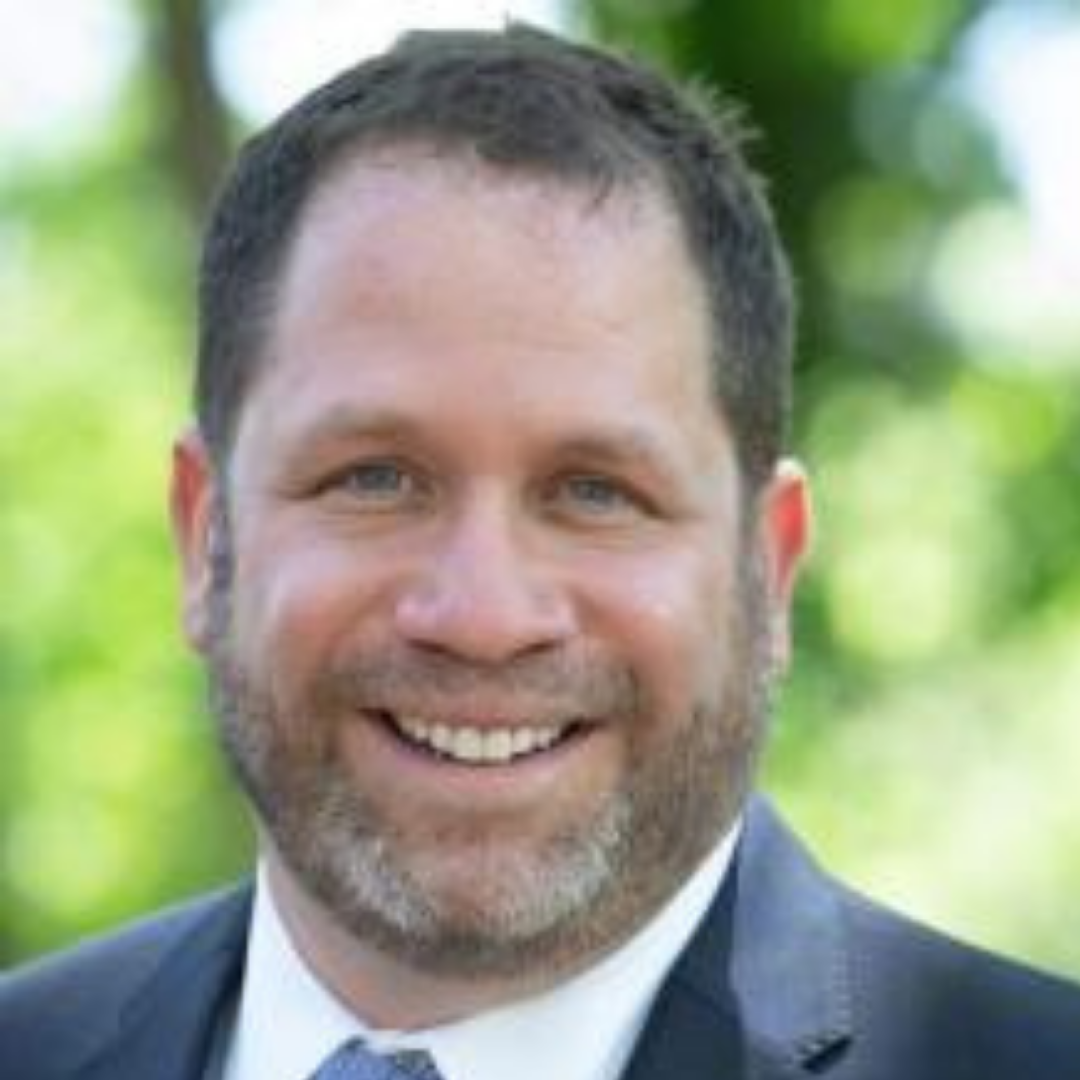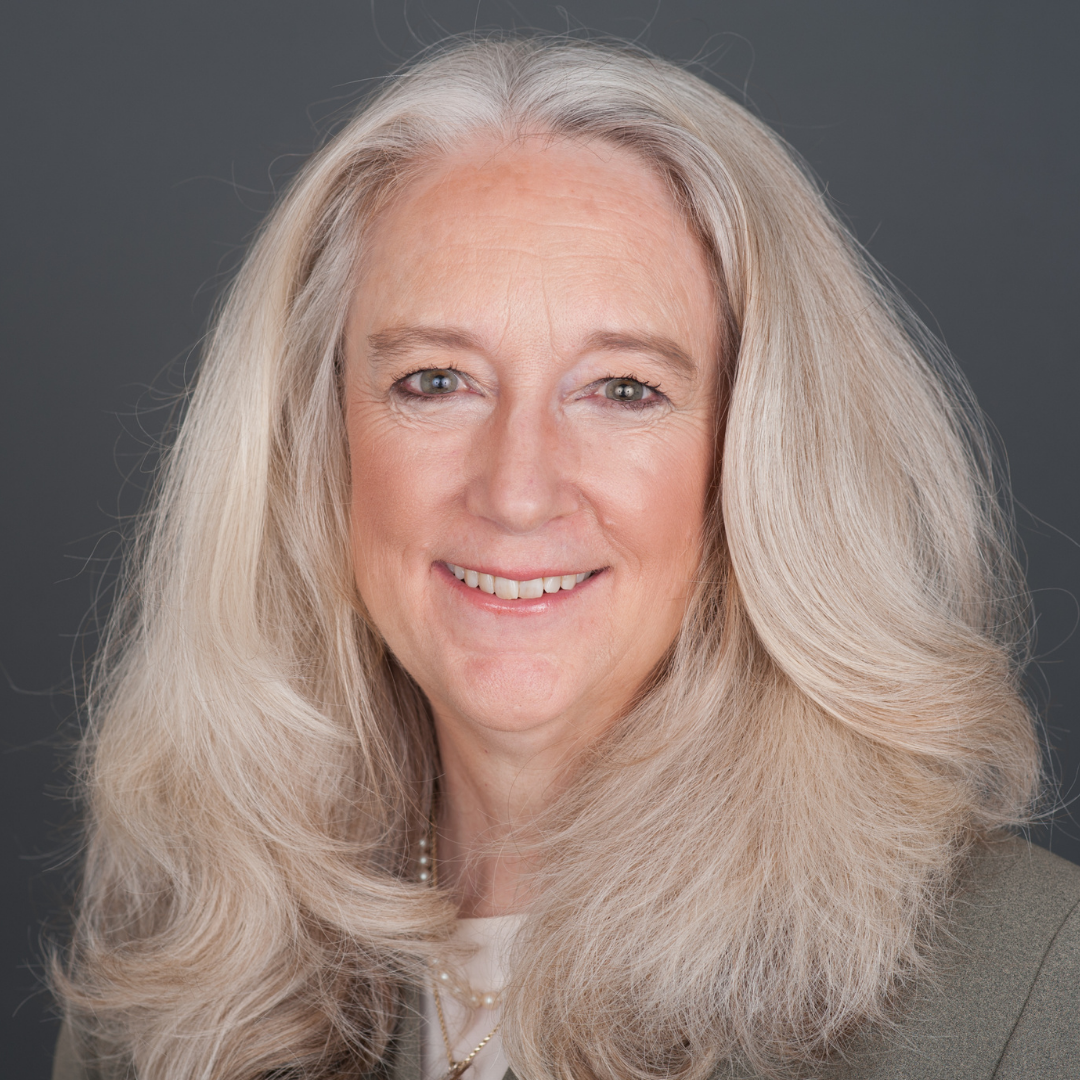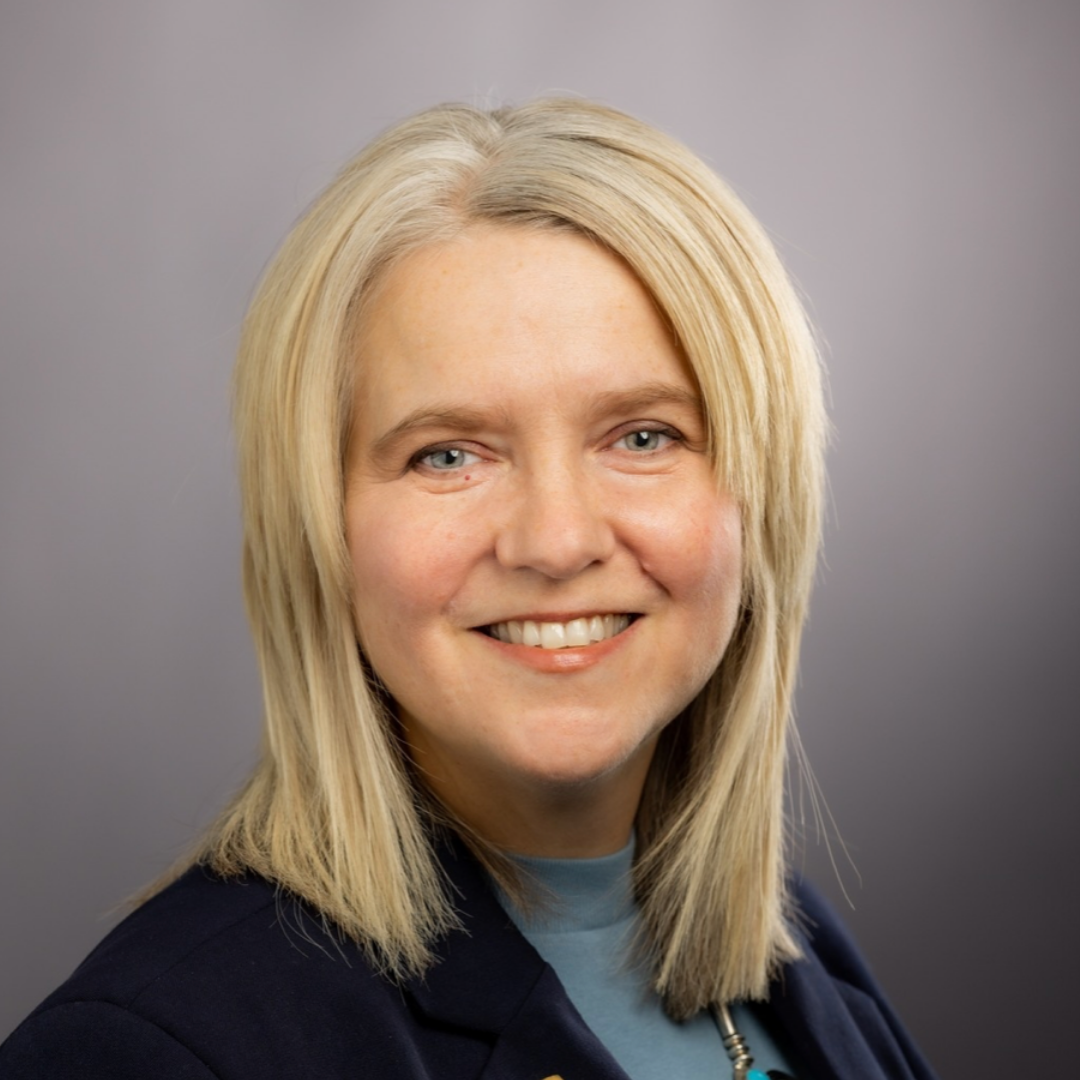|
Concurrent Sessions 6
CS 6A: Teaching Resilience through an Ombuds Lens | White River C-D
 Michael Steinberg was appointed University Ombuds in September 2023 at Oregon State University. Prior to this role, he was a Senior Employee Relations Consultant for Cottage Health, the premier health network for Santa Barbara County. Michael also served as an ombuds at Columbia University and the University of California Santa Barbara. He was on staff at the Harvard Mediation program, where he worked as a mediator and trainer. He holds a BA from Connecticut College and a JD from Northeastern University School of Law. Michael adheres to the International Ombuds Association's Code of Ethics and Standards of Practice. Michael Steinberg was appointed University Ombuds in September 2023 at Oregon State University. Prior to this role, he was a Senior Employee Relations Consultant for Cottage Health, the premier health network for Santa Barbara County. Michael also served as an ombuds at Columbia University and the University of California Santa Barbara. He was on staff at the Harvard Mediation program, where he worked as a mediator and trainer. He holds a BA from Connecticut College and a JD from Northeastern University School of Law. Michael adheres to the International Ombuds Association's Code of Ethics and Standards of Practice.
CS 6B: Supercharge your Ombuds Practice | White River G-H
Asking masterful questions is a skill set that impacts the quality of all Ombuds services and can always be elevated. This presentation will define masterful questions and discuss how they work, and what they are not. It will also examine how they are positioned by the International Coach Federation.
 Cindy Mazur is the Ombuds for the Los Alamos National Laboratory. Before that, she was the Director of ADR at the Federal Emergency Management Agency in Washington, DC. She is a certified mediator and arbitrator and a Professionally Certified Coach. Cindy earned her Ph.D. in conflict resolution from the Institute for Conflict Analysis and Resolution at George Mason University, her L.L.M. in Appellate Advocacy from Georgetown University, her M. Div. from Princeton Theological Seminary, and her JD from Syracuse University. She taught conflict resolution at George Mason University. Cindy Mazur is the Ombuds for the Los Alamos National Laboratory. Before that, she was the Director of ADR at the Federal Emergency Management Agency in Washington, DC. She is a certified mediator and arbitrator and a Professionally Certified Coach. Cindy earned her Ph.D. in conflict resolution from the Institute for Conflict Analysis and Resolution at George Mason University, her L.L.M. in Appellate Advocacy from Georgetown University, her M. Div. from Princeton Theological Seminary, and her JD from Syracuse University. She taught conflict resolution at George Mason University.
CS 6C: Defensive Communication and Threats to Identity: Reshaping Our Communication Choices | White River I-J
Ombuds have a unique opportunity to help visitors in conflict understand the impact that their communication choices have on others. It is through our communication choices that we build or break down relationships. As such, understanding how defensiveness in people is created, reinforced, and damaging to identity and interpersonal relationships is a valuable tool for Ombuds. Defensive communication results from the perception of some form of threat to identity. In response to that perceived threat, it often results in defensive listening and self-defeating relational conflict spirals and further relational damage. Awareness of how this occurs and how to shift our communication choices to amplify a supportive and inclusive communication climate will be discussed.
This session explores the following:
- Content, relational and identity goals of every communication interaction.
- Four characteristics of identities or selves that are socially constructed.
- Three core identities that underly our being and how communication can threaten them.
- Six elements that evoke defensiveness in people and how to reframe messages to reduce the perceived threat on a person.
 Dr. Laura Umphrey is a Professor of Communication and Director and Ombuds at Northern Arizona University in Flagstaff, AZ. She has taught courses in Conflict and Mediation, Interpersonal Communication and Health Communication for the past 20 years. Her research agenda has focused on the impact that communication competence and patterns of communication have on perceptions of self, relational quality and hope. Dr. Laura Umphrey is a Professor of Communication and Director and Ombuds at Northern Arizona University in Flagstaff, AZ. She has taught courses in Conflict and Mediation, Interpersonal Communication and Health Communication for the past 20 years. Her research agenda has focused on the impact that communication competence and patterns of communication have on perceptions of self, relational quality and hope.
|